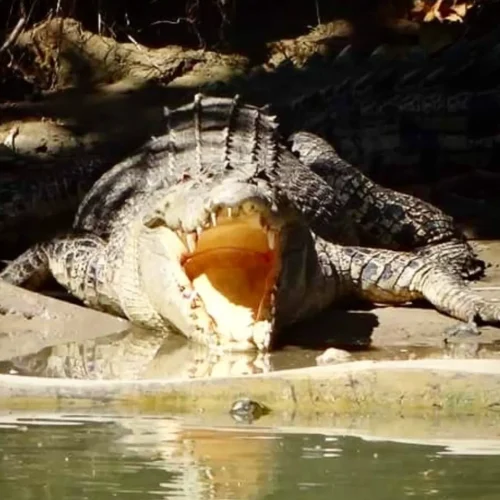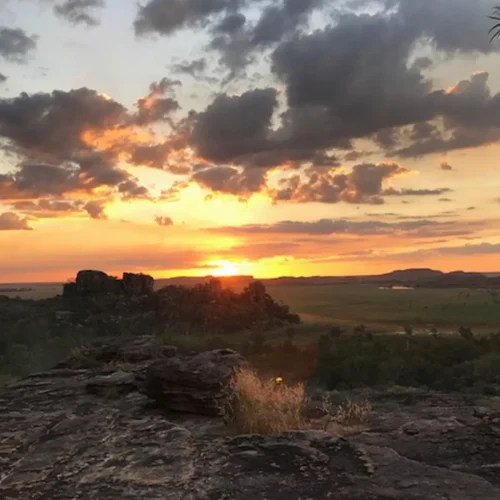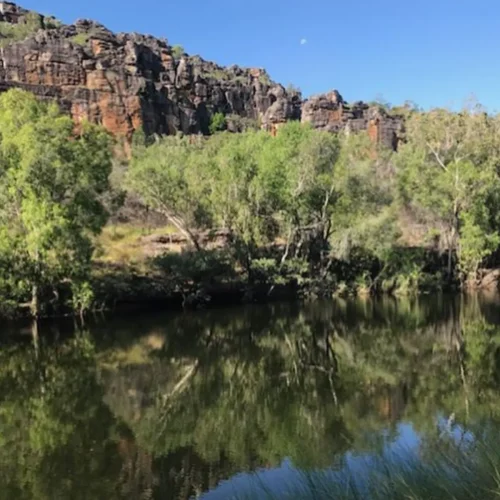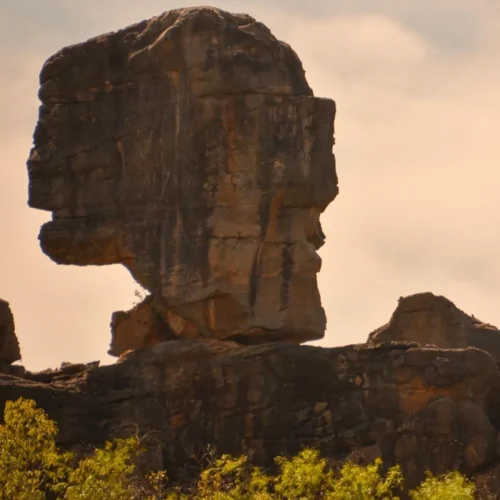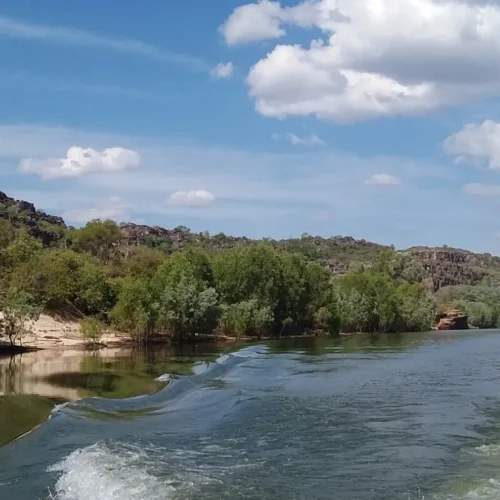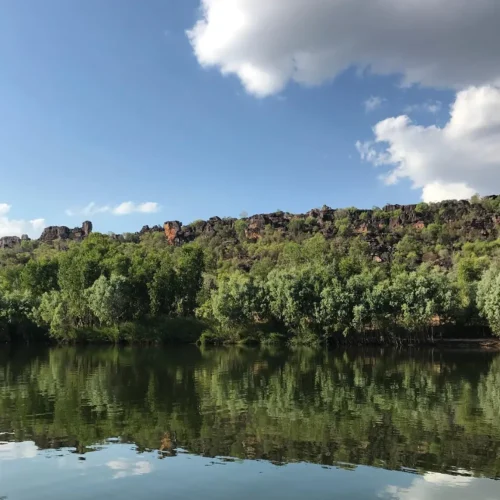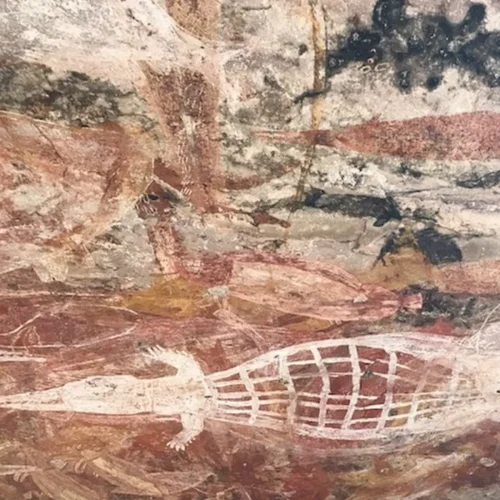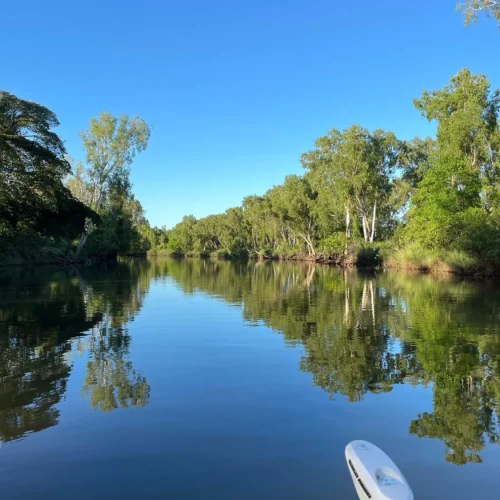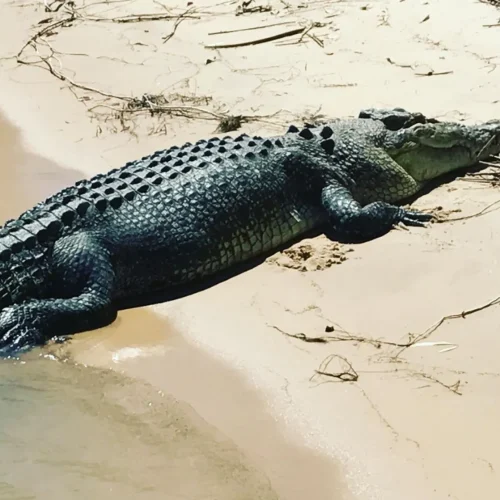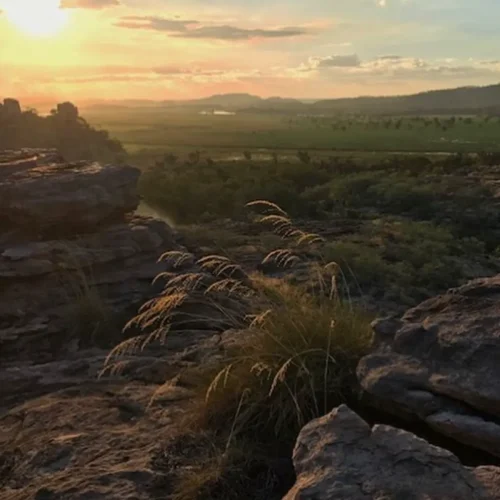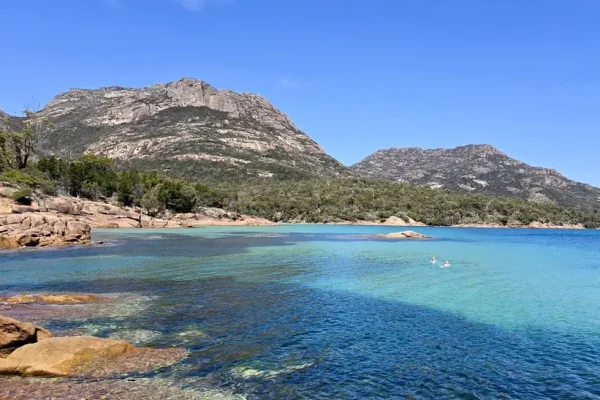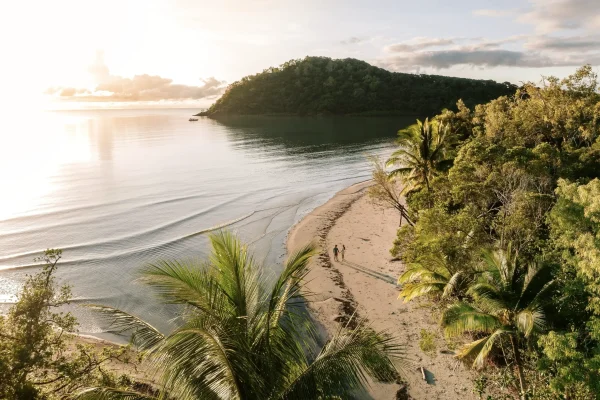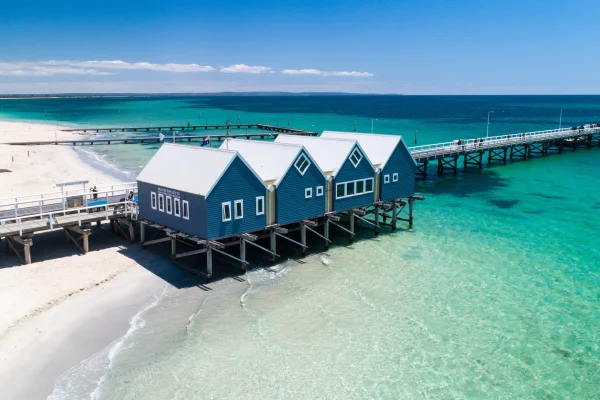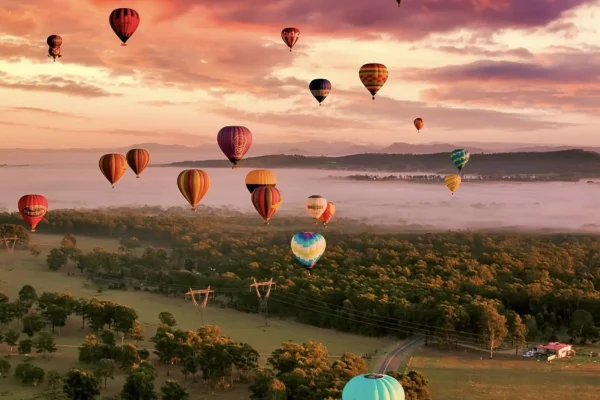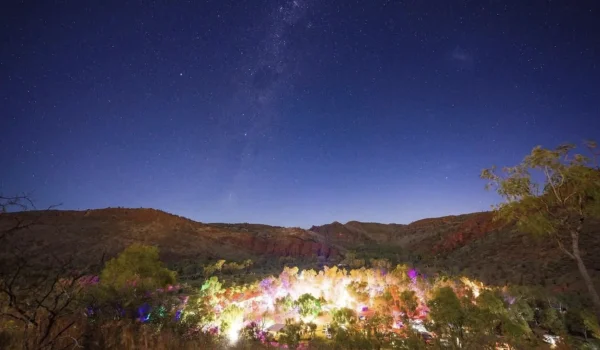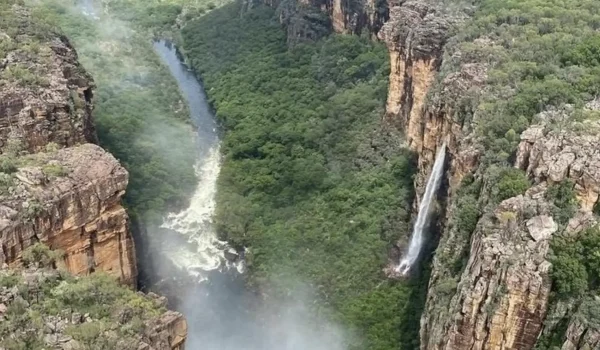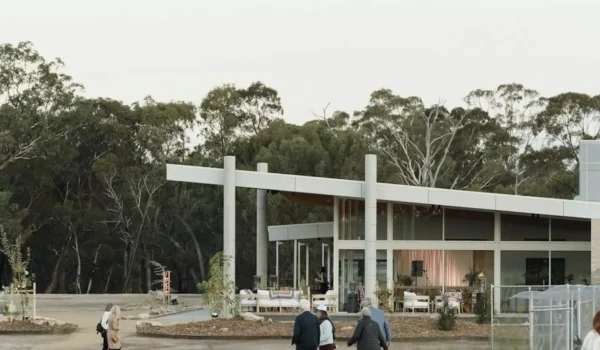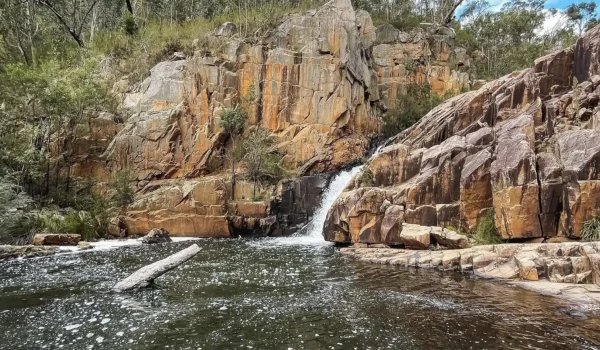The East Alligator River is part of Kakadu National Park and offers a vast range of activities in the wild for adventurers and lovers of nature. This river is not just water – it is an ever-changing ecosystem that is one of the building blocks of biodiversity in this region.
The river has meandering courses surrounded by fertile banks, which form a beautiful environment for various outdoor activities. Its waters reflect the changing skies while its banks narrate the cultures of Aboriginal people and timeless landscapes.
Why Adventurers and Nature Lovers are Attracted to this River
The East Alligator River attracts those who love adventure because it has breathtaking sceneries as well as a rich heritage. Between Kakadu National Park and Arnhem Land lies the river, which makes it a geographical boundary that separates the two regions best known for their rock art galleries dating back centuries.
For visitors who want to go deep into Australia’s core, the East Alligator River is more than just a journey through nature—it takes people back in time on every twist and turn where they get more knowledge about the past and present of this distinctive land.
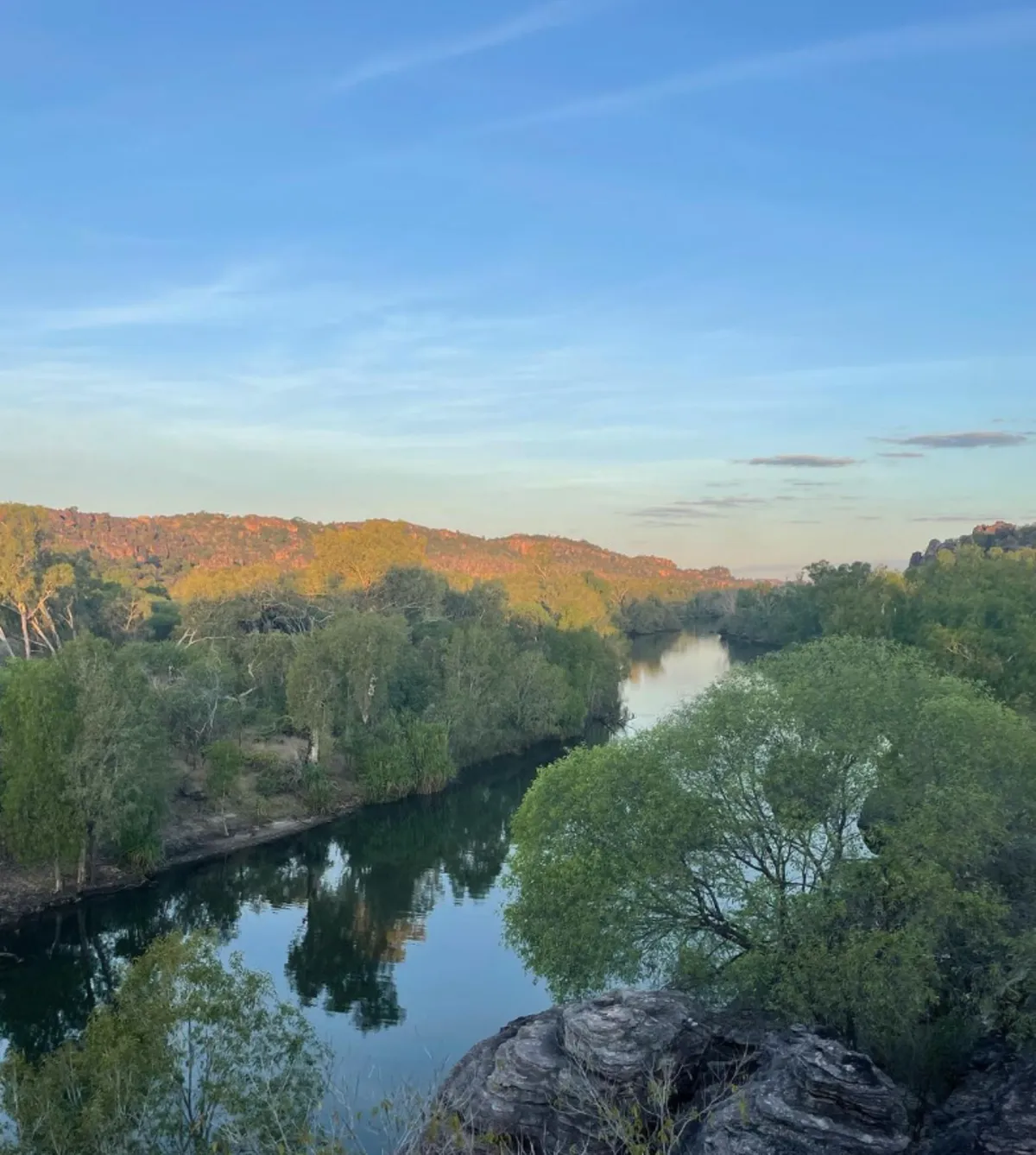
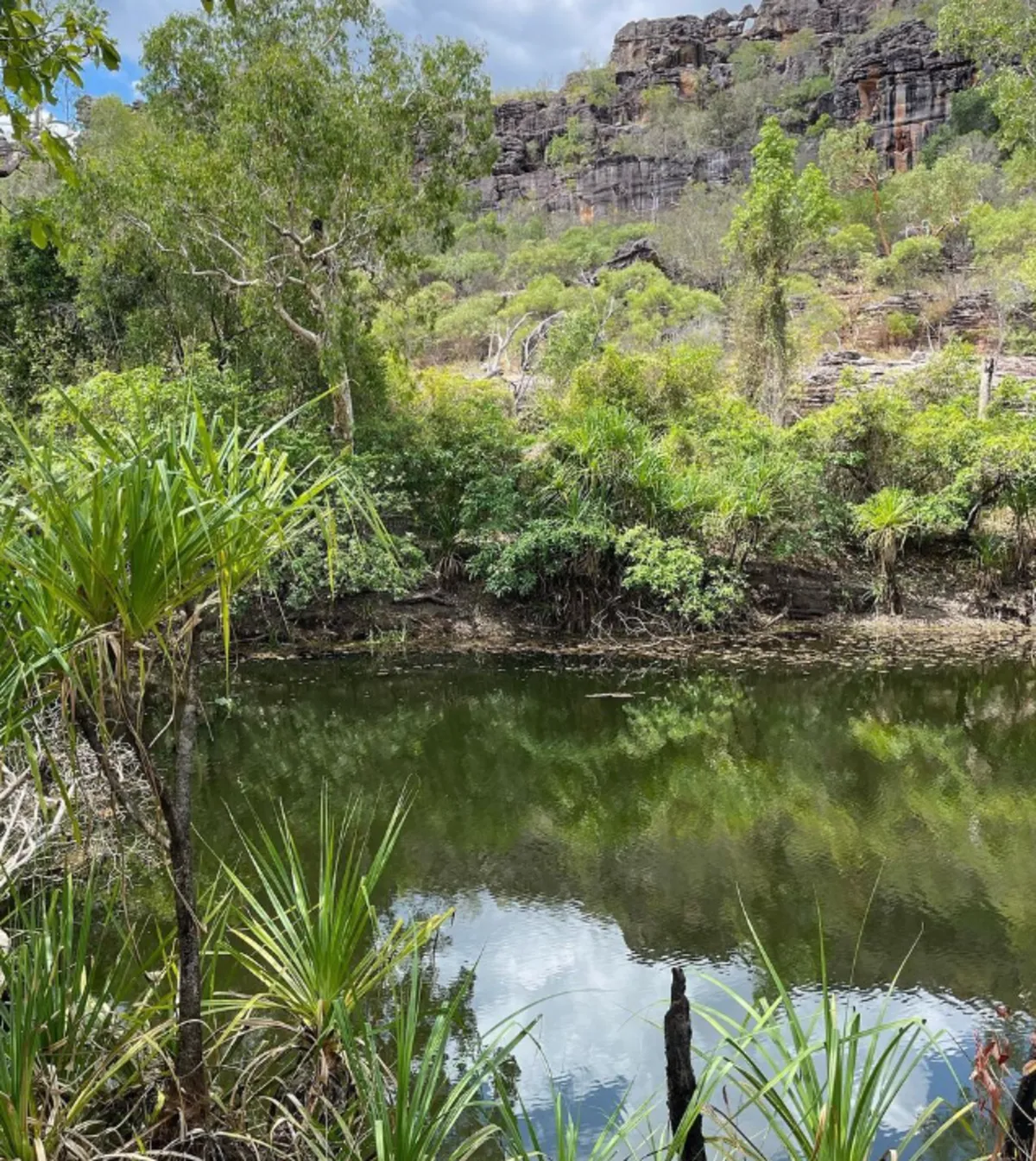
Planning your visit
Advice about When to Go & What to Expect
Must-Have Items: What You Should Pack
What to carry during your visit in this remote area requires some considerations before departure. These should include:
Water bottle: In Kakadu, with its warm, sometimes humid climates, dehydration could be catastrophic.
Warm layers: It’s cool during early mornings and late evenings, especially in the dry season.
Moreover, a good pair of hiking & enclosed walking shoes, sunscreen as well as insect repellent will make your excursions more comfortable and safer.
Riverfront Campsites
Amenities and What to Know Before You Camp
Before camping in an area, it is important that you are familiar with its camping rules. Majority of these sites lack luxurious amenities therefore be ready for a bush experience which adds to the river’s beauty. Always keep food stored safely and ensure that your campsite is kept clean so as not to attract wildlife.
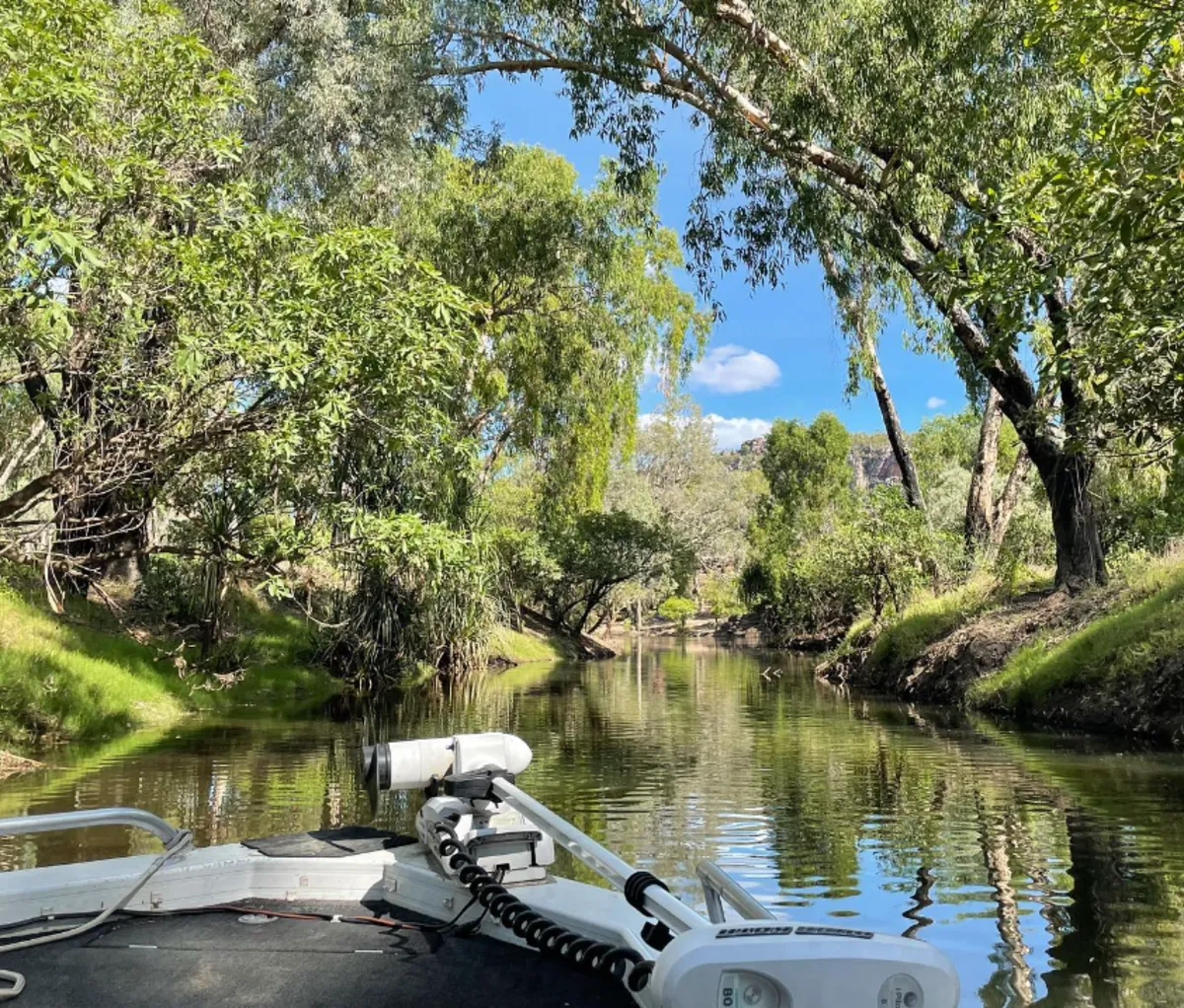
Activities: What You Can Do at East Alligator River
Fishing and Kayaking
There are plenty of activities on this river, including:
Fishing: With special permission, go after Barramundi or Mangrove Jack!
Kayaking: For a serene adventure, paddle along quiet waters at dawn or dusk.
Every activity gives one a personal and thrilling connection with the river, making it even more exciting, as the East Alligator River promised.
Exploration of Nature
Walking tracks and adventurous channels
There are many walking trails along the Alligators River for all fitness levels. The trails vary from simple strolls along the banks of the river to more challenging ones that take visitors to stunning overlooks. Each trail provides a different perspective on the river and surrounding floodplains. Many of these walks are popular stops on Kakadu tours from Darwin.
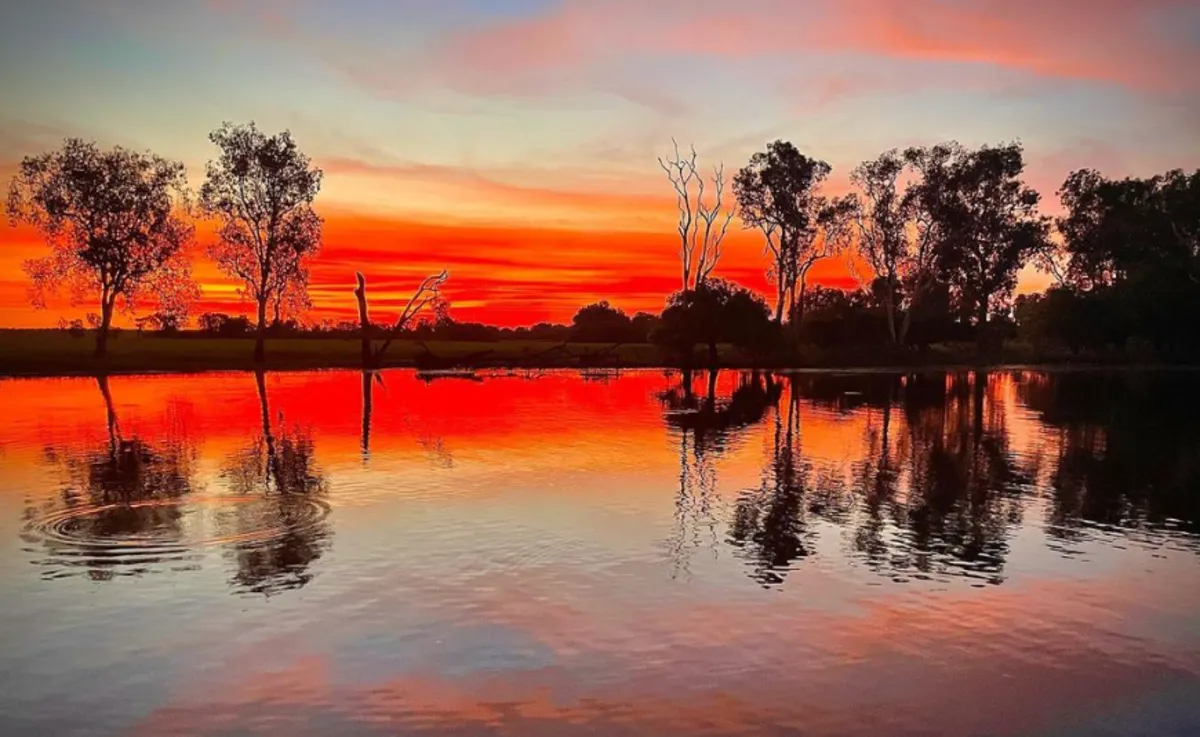
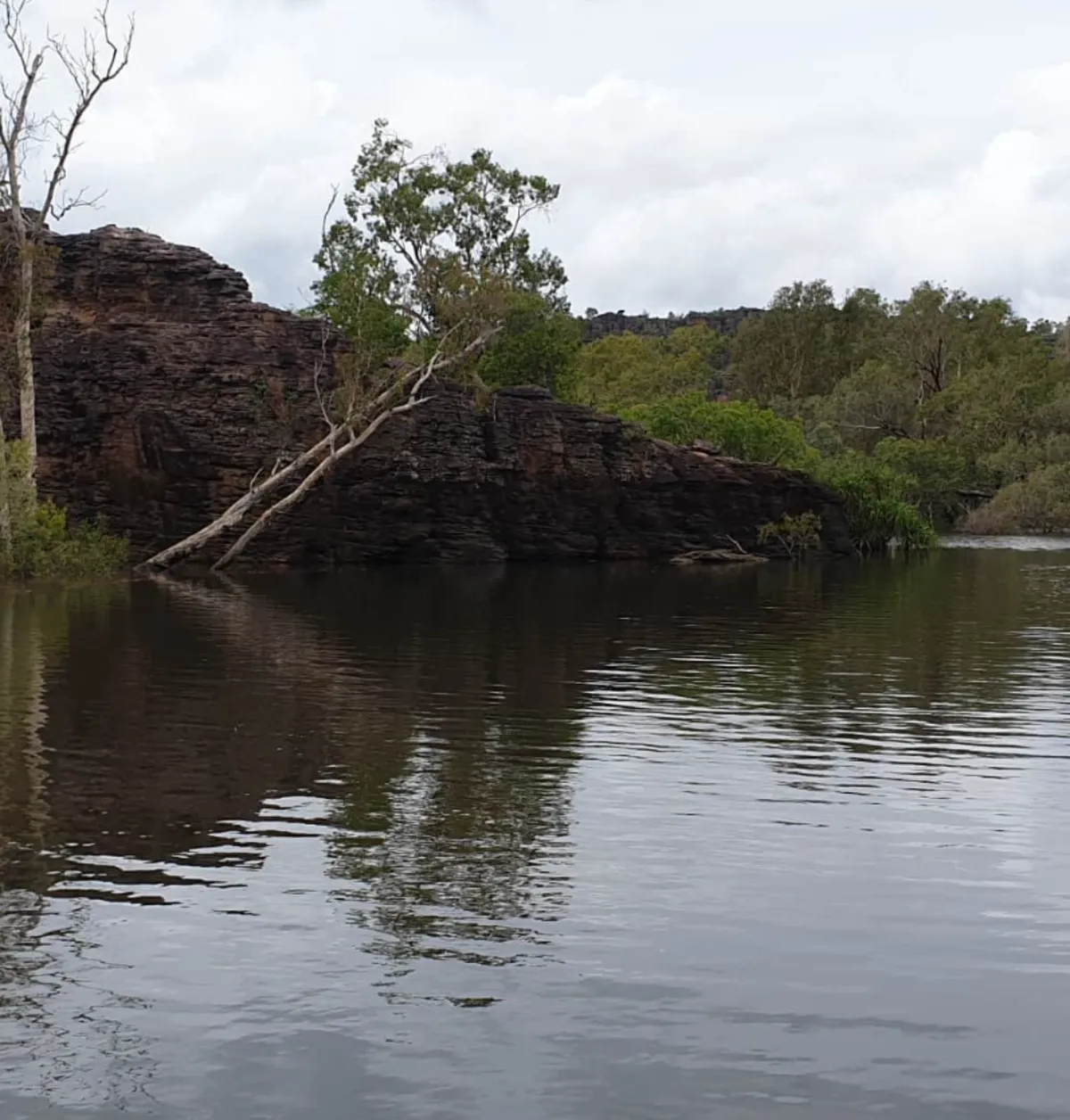
A Look Into Modern History
Stories from Times Long Gone
The East Alligator River area has a rich history that encompasses the culture of indigenous people and European exploration. An indigenous guide can tell stories about survival skills, traditional land use, or encounters between cultures that shaped this region. Such tales make each trip more rewarding by turning it into an excursion that goes beyond sightseeing and explores Australia’s complex history.
Biodiversity in the area
Flora and Fauna Highlights
This is an exceptionally biodiverse region around East Alligator River. Here there are fresh-water lines of mangroves near the riverside while birds of diverse colors find their habitat here; such features suggest richness in ecological diversity for the entire river. In particular, photographers interested in natural environments have discovered countless subjects in these parts extending from massive saltwater crocodiles to delicate lotus birds.
A Bird Watcher’s Haven
The East Alligator River with its recorded 280 bird species is a birder’s dream come true in Kakadu National Park. The species are well accommodated for by the rivers’ floodplains and billabongs among others making it possible for various birds including Jabiru and Brolga to exist here. When water levels reduce during dry season, birds gather around diminishing waterholes hence making bird watching trips more common at that time. This natural gathering makes it simpler for birders to see many kinds of birds as they take photographs in their animal habitats.
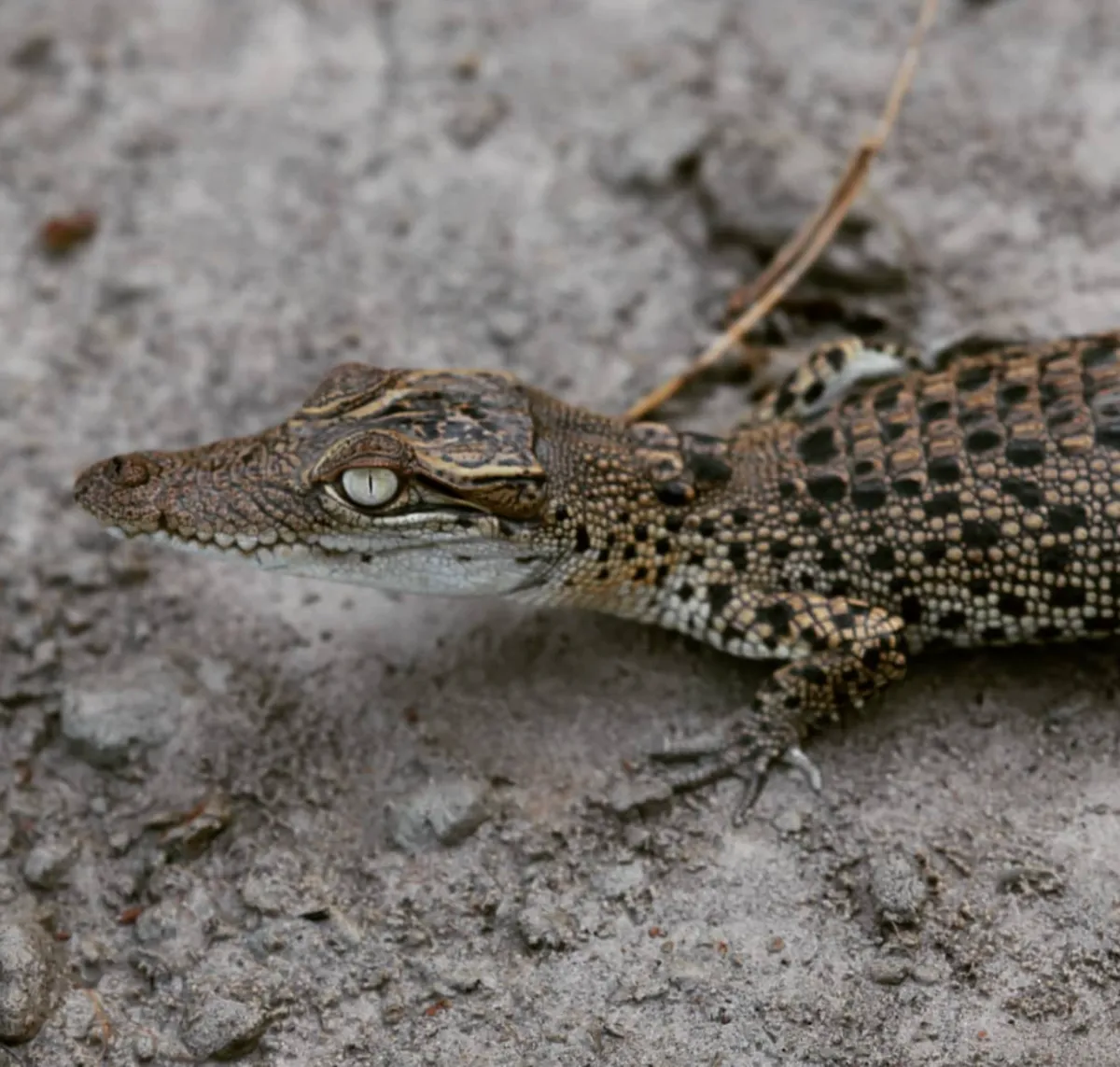
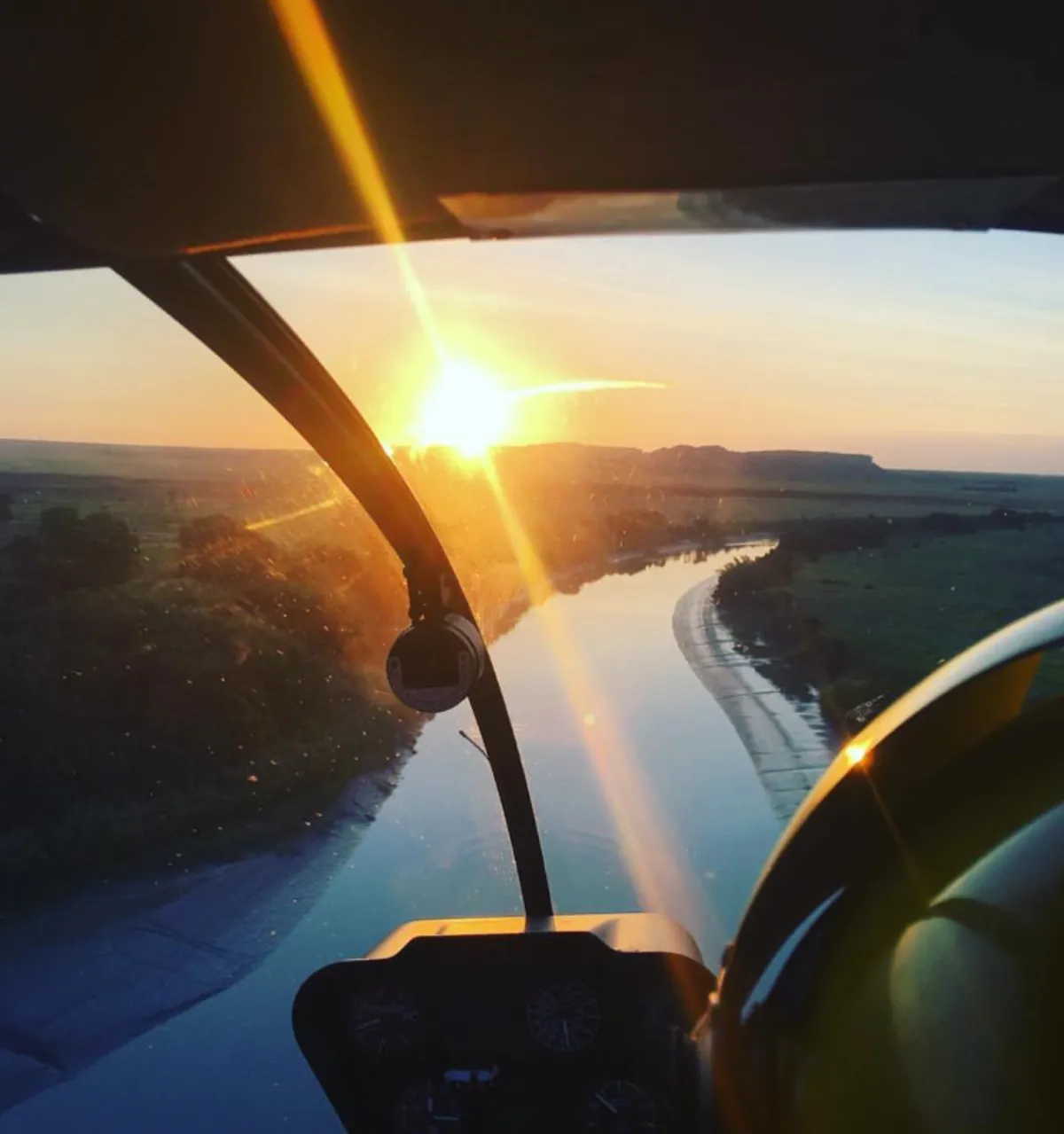
Useful Infromation
Preparing for Weather Conditions
Safety Assurance
Activities at the East Alligator River range from easy canoe trips to exhausting river walks. Thus, it is important to assess your physical condition before engaging in such activities. Travellers must know their abilities and limits as they have a wide range of activities to choose from. There are locals who can tell you whether everything is fine or not, plus give advice on what type of activity would suit every fitness level, thus ensuring that all tourists remain safe and satisfied.
FAQ
Which is the best season to visit East Alligator River?
Definitely, dry season from May to September is the most recommended. It is more predictable, and lower water levels make wildlife viewing better.
Are there guided tours available?
Yes, there are different kind of guided tours that ranges from animal spotting to cultural experiences with indigenous locals of the place. These tours provide valuable insights into the natural and cultural heritage of the area.
What animals can I see at East Alligator River?
Expect different types of animals including saltwater crocodiles; various birds like jabiru, brolga among others; as well as mammals such as wallabies and dingoes.

